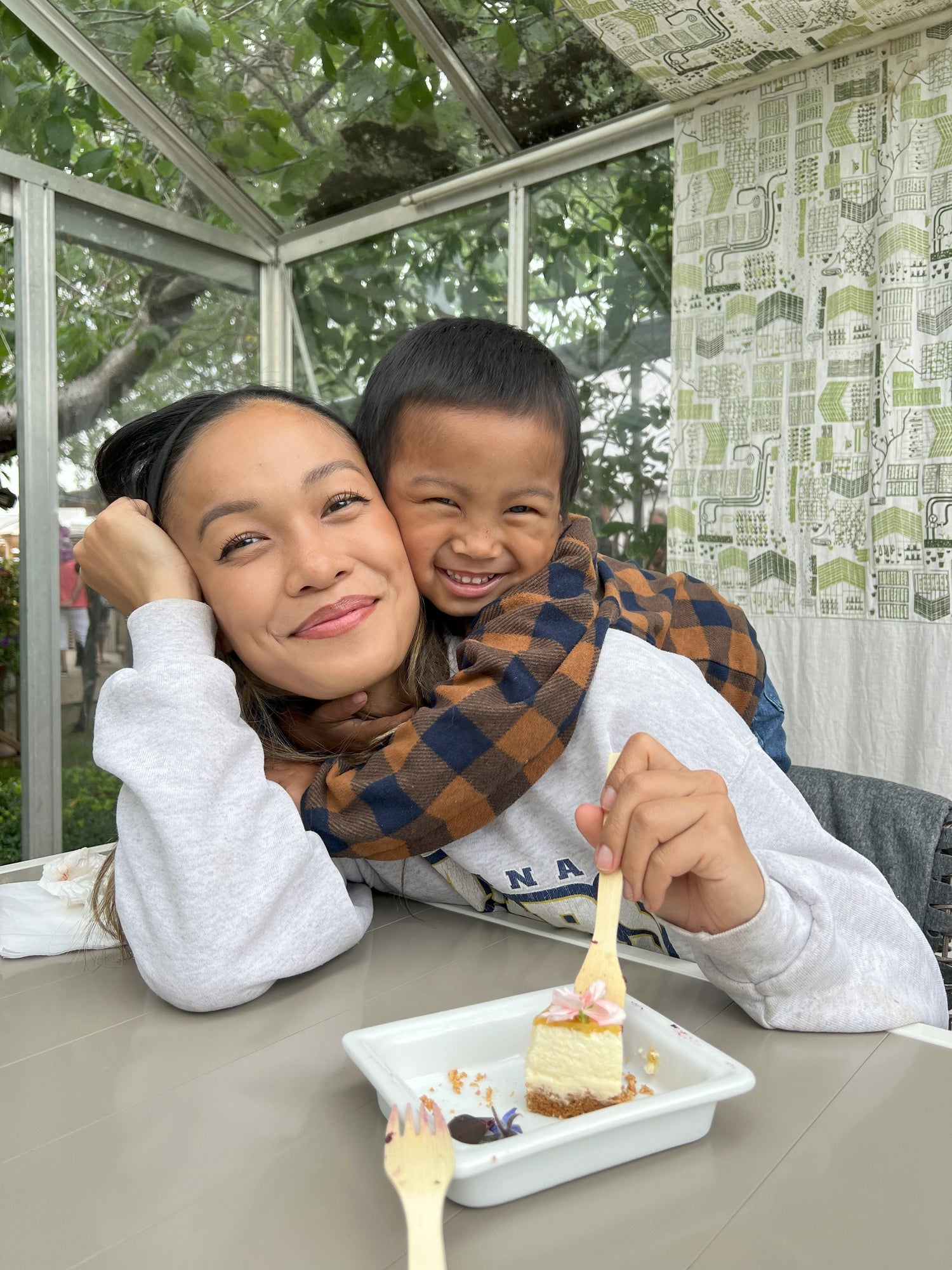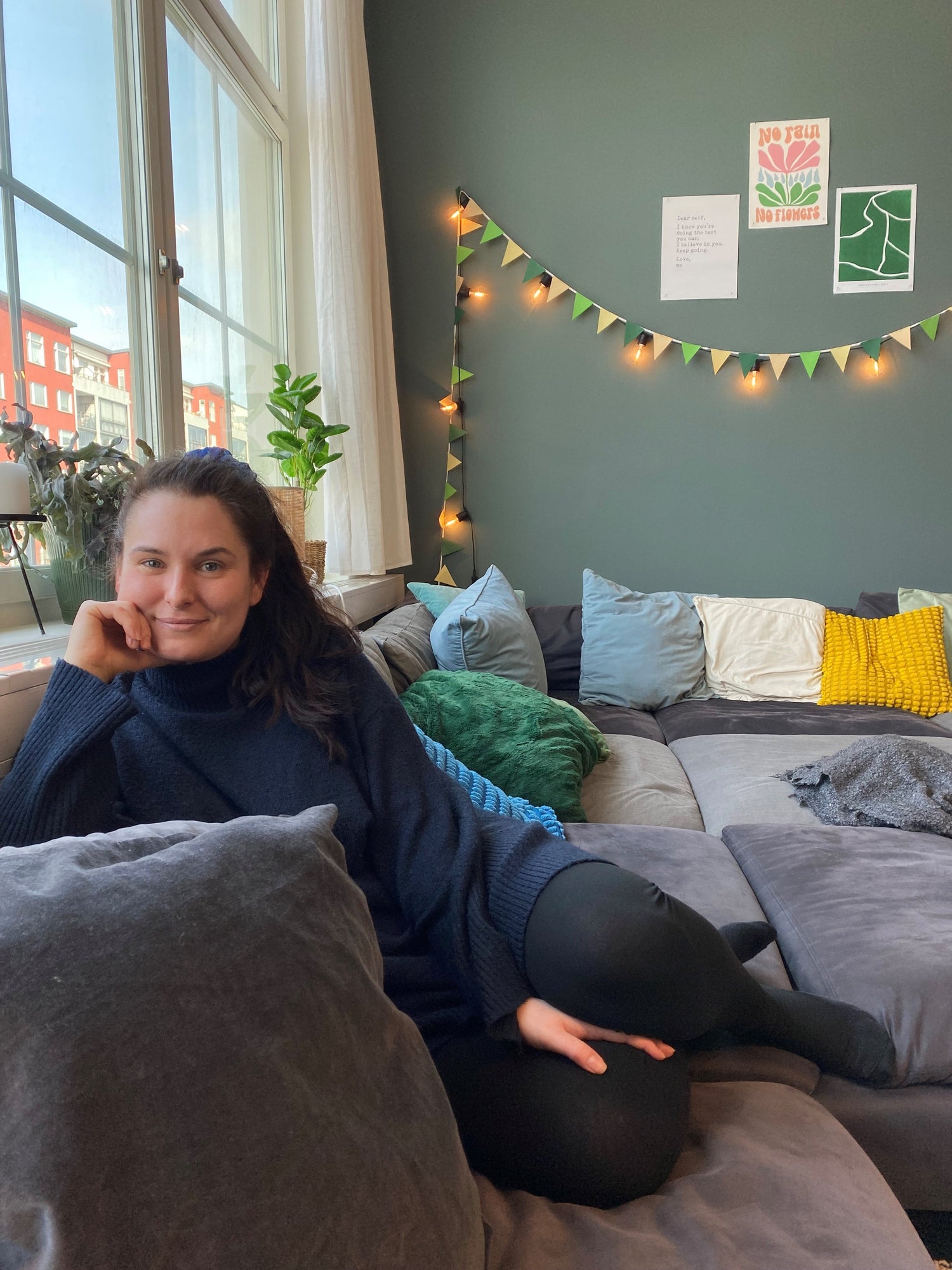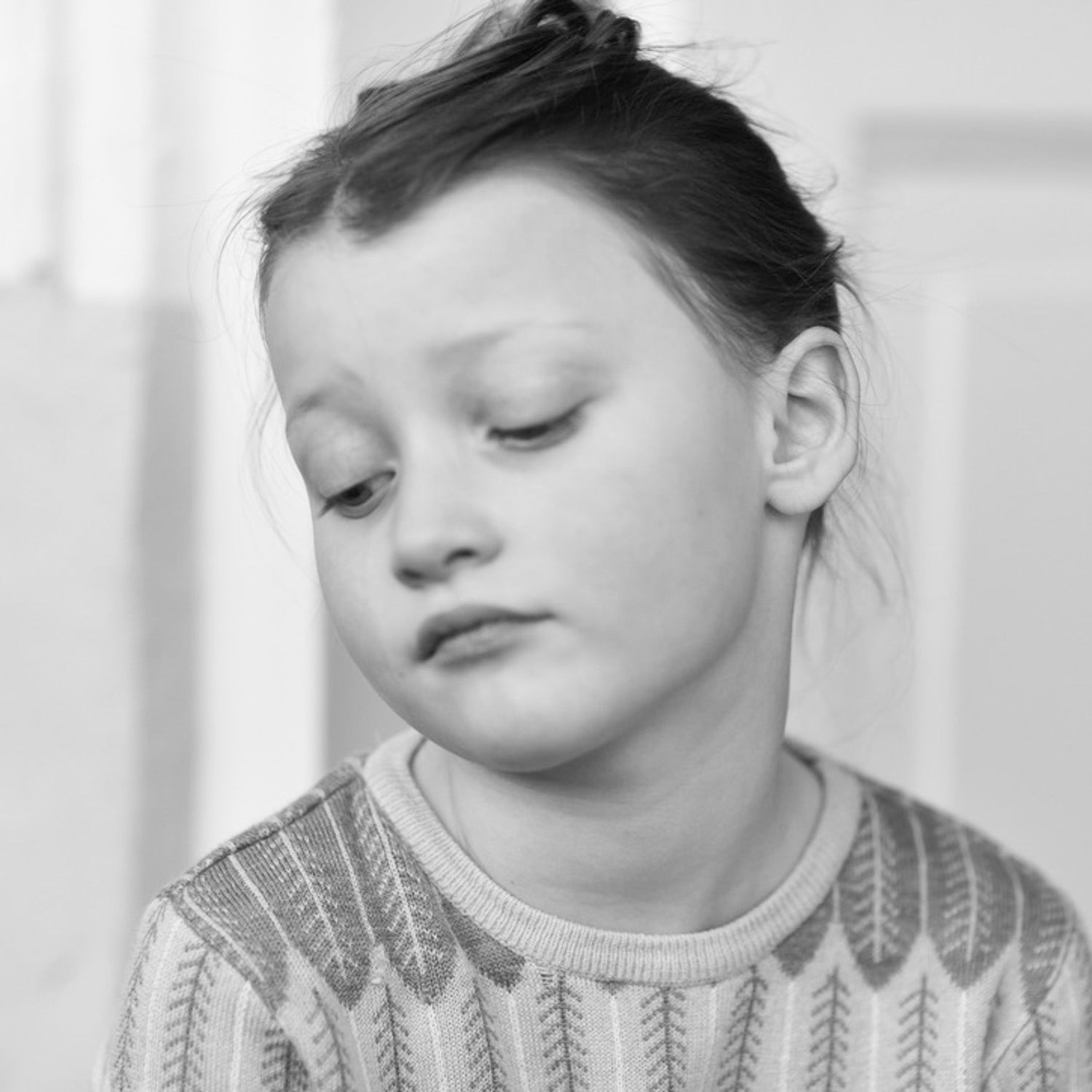I have spoken to three different people about children. About being a child, working with children, about dealing with children, comforting children and some other thoughts about children and feelings. Feelings in preschool and from someone who knows: what is it like to be a child today?
The people I spoke to are:
Kim, 11 years old who loves to write. She creates her own stories and explores different worlds through words. She has a vivid imagination and spends a lot of time daydreaming about adventures. Kim is eager to learn more about the art of writing and dreams of becoming a writer when she grows up. Then she will write books that make children feel good, she says.
Tina (23 years old) is a sociology student who is passionate about helping children. She has recently completed her internship at a Montessori school, where she had the opportunity to work closely with children and support them in their learning and development. She strives to create a safe and supportive environment for the children and is convinced that each child has unique abilities and potential to grow.
The 67-year-old nanny Agnes has spent many years taking care of children. Agnes has seen changes in how we interact with and raise children over time and has a unique insight into how society and technology have affected children's everyday lives. She has a broad perspective that ranges from traditional approaches to more modern perspectives.
In other words, three people of different ages and backgrounds, but who share a common passion for children and their well-being.
Interview with Kim, Tina and Agnes
What do you think are important qualities to have when working with children?
Kim (age 11): I think it's important to be kind and patient when working with children. You have to be able to listen and understand what they need. You also have to be funny. And listen!
Tina (23 years): To work with children, it is important to be empathetic and responsive. You have to be able to empathize with the children's feelings and needs. Flexibility and adaptability are also important because every child is unique and has different ways of learning and growing. Being patient and having a positive attitude is also crucial to creating a safe and supportive environment for the children.
Agnes (age 67): An important quality for working with children is to be considerate and have a genuine love for children. You have to be sensitive to their needs and be able to offer security and stability. I try not to judge and point fingers, but instead see each situation as unique. It takes time and presence to build trust.
What do you think are the biggest differences in how you worked with children fifty years ago and now? (I asked Kim instead about the difference between now and when her parents were small).
Kim: I think a big difference is that there is more technology now. Today, almost everyone has computers and mobile phones, and children can play games and watch funny videos. In the past, they may not have had as much technology to play with. I also think that maybe there were stricter rules and stricter in the past. Now we can have more freedom to choose what we want to do. Children are more important now. Then adults decided everything.
Tina: One of the biggest differences is probably that there has been more focus on the child's participation and influence. Fifty years ago, it was more common for adults to decide everything and the children to follow. Now the child's voice is valued and there is an increased awareness of their rights and needs. There has also been a development in pedagogy and there are more different methods and philosophies to take into account. It is good!
Agnes: A big difference is that there has been more focus on the child's well-being and individual needs. Fifty years ago, when I was young, preschool was not the same either. Many were at home. And now we have more knowledge about children's development and the importance of giving each child support based on their unique needs. There is also more awareness of children's rights and protection, and there have been improvements in rules and procedures to ensure their safety. Children are people. It sounds terrible, but it wasn't always thought that way back then, according to my experience..

Did you have a special adult who helped you or who you thought was good when you were a child? What was so good about that person?
Kim: Yes, my mother has always been a special person to me. She is always there for me and supports me in everything I do. She is also good at listening to me and giving me advice when I need it. She is kind and caring, and I feel safe when I am with her. I like that she is also funny and that we can have fun together. She's actually as crazy as me!
Tina: I had a teacher in elementary school who I thought was very good. She was very engaged and inspiring. She showed a genuine interest in each student and listened to us. She created a safe and inclusive environment where we felt seen and valued. She was also good at challenging us and helping us develop both academically and as people. That's not how I understood it then, as a child..but I've understood now in retrospect that it was so.
Agnes: When I was a child, I had a neighbor who was like an extra grandmother to me. She was always there for me when I needed to talk or be comforted. She had a calm and confident presence that made me feel comfortable sharing my thoughts and feelings with her. She was also a great listener and gave me wise advice when I needed it. She was an important supportive adult in my life.
How do you think we will be working with children in 100 years?
Kim: I think in 100 years we will have even more exciting things to learn. Maybe we will have robot teachers who can help us learn things in a fun way. I have seen that it almost already exists! But even if technology changes, I think the most important thing will still be that we continue to be kind and helpful to each other and that we have adults who care.
Tina: In 100 years, I think there will be even more focus on individualized teaching and that the children's interests and needs will be taken into account even more. We will use advanced technology and virtual reality to create more realistic and engaging learning environments. Not like now when everyone has to learn the same things at the same time. Then I think that the importance of social interaction and relationships will be perhaps almost even more important - the artificial must never take over.
Agnes: I think that although technology will develop and change the way we work with children, the need for human presence and care will continue to be important. We will always need adults who can provide security, love and support to the children. Hopefully we will take a more holistic view of child development and focus on promoting their well-being in all aspects of life. We will continue to learn and adapt to the children's needs and changing societal conditions.
What is your best tip for comforting a child who is sad?
Kim: When I'm sad, I like when someone comforts me by being close and listening to me. It helps when someone shows they care and tries to understand how I feel. Getting a hug or being comforted with a kind voice usually helps.
Tina: When a child is sad, it's important to show empathy and validate their feelings. Sitting next to them, calmly and patiently listening to what they have to say and giving them a safe hug can be comforting. It's a balancing act between showing that it's okay to be sad and, if/when required, guiding the child in that and beyond.
Agnes: When a child is sad, it is important to show understanding and let them express their feelings. Sitting down with them, holding them and calmly talking to them can bring comfort. Sometimes it can also help to offer a favorite toy or a soft stuffed animal to hold. Being present and showing that you are there for them is the most important thing in the comforting process.
What do you think are the most common mistakes adults make when working with children?
Kim: Sometimes adults can get too angry or strict when children make mistakes. It can make me scared or sad. Sometimes they also forget to listen to what I have to say and don't take my opinions seriously. I also find it sad when adults don't give me enough time and attention when I need it.
Tina: A common mistake is that adults do not take children's feelings and opinions seriously. Sometimes they can be too dominant and control too much over what the children should do instead of giving them the opportunity to explore and learn in their own way. Another common mistake is not being sensitive enough to children's needs and signals. It can be important to be flexible and adapt to each child's unique way of being and learning.
Agnes: A common mistake is that adults can be too busy with their own thoughts and chores to give children enough attention. Sometimes they can also be too quick to judge or understand the child's actions. Having too high expectations of children and not being patient enough can also be a mistake. It is important to understand that children develop at their own pace and need support and understanding along the way.
We think that emotional talk is one of the most important things there is! If you want to introduce more talk about emotions in your everyday life or at your workplace, click here! Our emotion cards are used not only in thousands of families, but also in preschools, schools and in child psychiatry.





